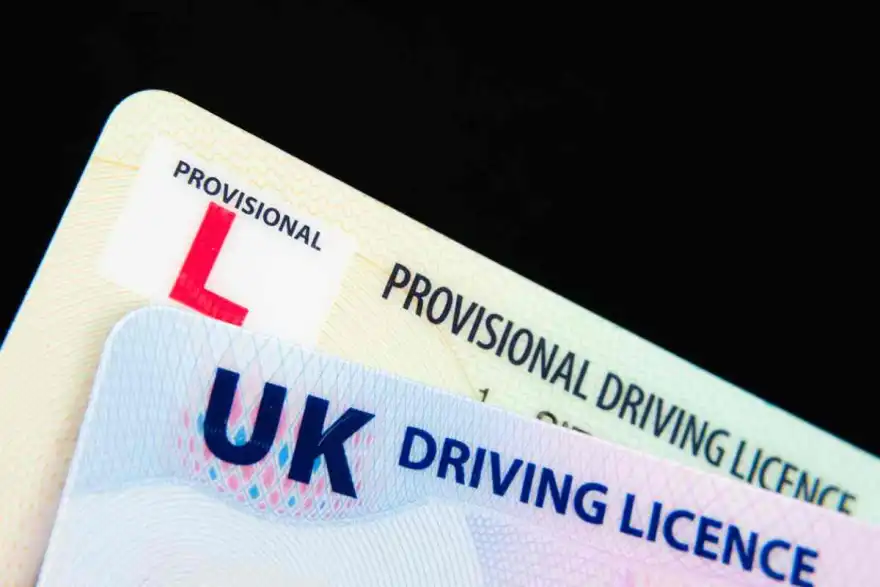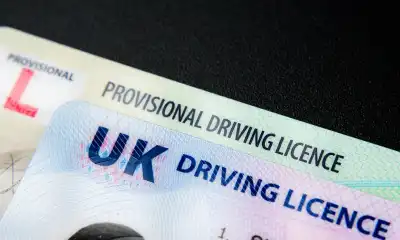
The DVLA must be informed if you develop a notifiable medical condition or disability that may ‘affect your ability to drive safely’, it said. Also, the agency must be told if you have a condition or disability that gets worse after your licence is issued. You can be fined £1,000 if you forget to report any issues.
DVLA: find out which health issues are notifiable
You can easily find out whether your condition or disability is ‘notifiable’. There is a list of issues online with supporting guidance, at www.Gov.uk. The following table lists a few examples.
| Issue | Car or motorcycle licence | Bus, coach, lorry licence |
| Stroke | You only need to tell DVLA if you are still having problems one month after the stroke. | You must tell DVLA if you have had a stroke (or TIA). |
| Leukemia | You do not need to tell DVLA if you have Leukaemia. | You must tell DVLA if you have leukaemia. |
| Severe depression | You must tell DVLA if you have severe depression. | You must tell DVLA if you have severe depression. |
| Deafness | You do not need to tell DVLA if you | You must tell DVLA if you are deaf. |
| Renal dialysis | You do not need to tell DVLA if you have kidney dialysis. However, you must ask your doctor when is it safe to drive after you have had dialysis treatment. | You must tell DVLA if you have kidney dialysis. |
| Alcohol problems | You must tell DVLA if you have an alcohol problem. | You must tell DVLA if you have an alcohol problem. |
| Narcolepsy | You must tell DVLA if you have narcolepsy | You must tell DVLA if you have narcolepsy. |
| Malignant melanoma | You do not need to tell DVLA if you have maligant melanoma. | You must tell DVLA if you have malignant melanoma. |
| Brain aneurysm | You must tell DVLA if you have a brain aneurysm. | You must tell DVLA if you have a brain aneurysm. |
| Alzheimer's disease | You must tell DVLA if you have Alzheimer's disease. | You must tell DVLA if you have Alzheimer’s disease. |
| Chiari malformation | You do not need to tell DVLA if you have Chiari malformation. | You do not need to tell DVLA if you have a Chiari malformation. |
| Huntington's disease | You must tell DVLA if you have Huntington's disease and it causes any symptoms. | You must tell DVLA if you have Huntington’s disease and it causes any symptoms. |
| Kidney problems | You do not need to tell DVLA if you have kidney problems | You must tell DVLA if you have kidney problems. |
| Palpitations | You must tell DVLA if you have heart palpitations. | You must tell DVLA if you have heart palpitations. |
| Seizures | You must tell DVLA if you have fits, seizures, or convulsions. | You must tell DVLA if you have fits, seizures, or convulsions. |
| Addison's disease | You do not need to tell DVLA if you have Addison's disease. | You must tell DVLA if you have Addison’s disease. |
How to notify DVLA
Numerous medical conditions and disabilities can be reported online, at www.Gov.uk. Others have to be reported by form. You can find a form online, print it, fill it in, then post it to the DVLA.
What happens next?
The DVLA considers the health information you provided and can ask for more details if required. You may also have to be medically examined, have your driving assessed, take a driving test, or have your sight checked.
The DVLA then has several options, it may ask you to get a new licence or have ‘special controls’ to your car. And, of course, you can be told to ‘stop driving and give up your licence’ if your health issue makes it impossible to drive safely.




